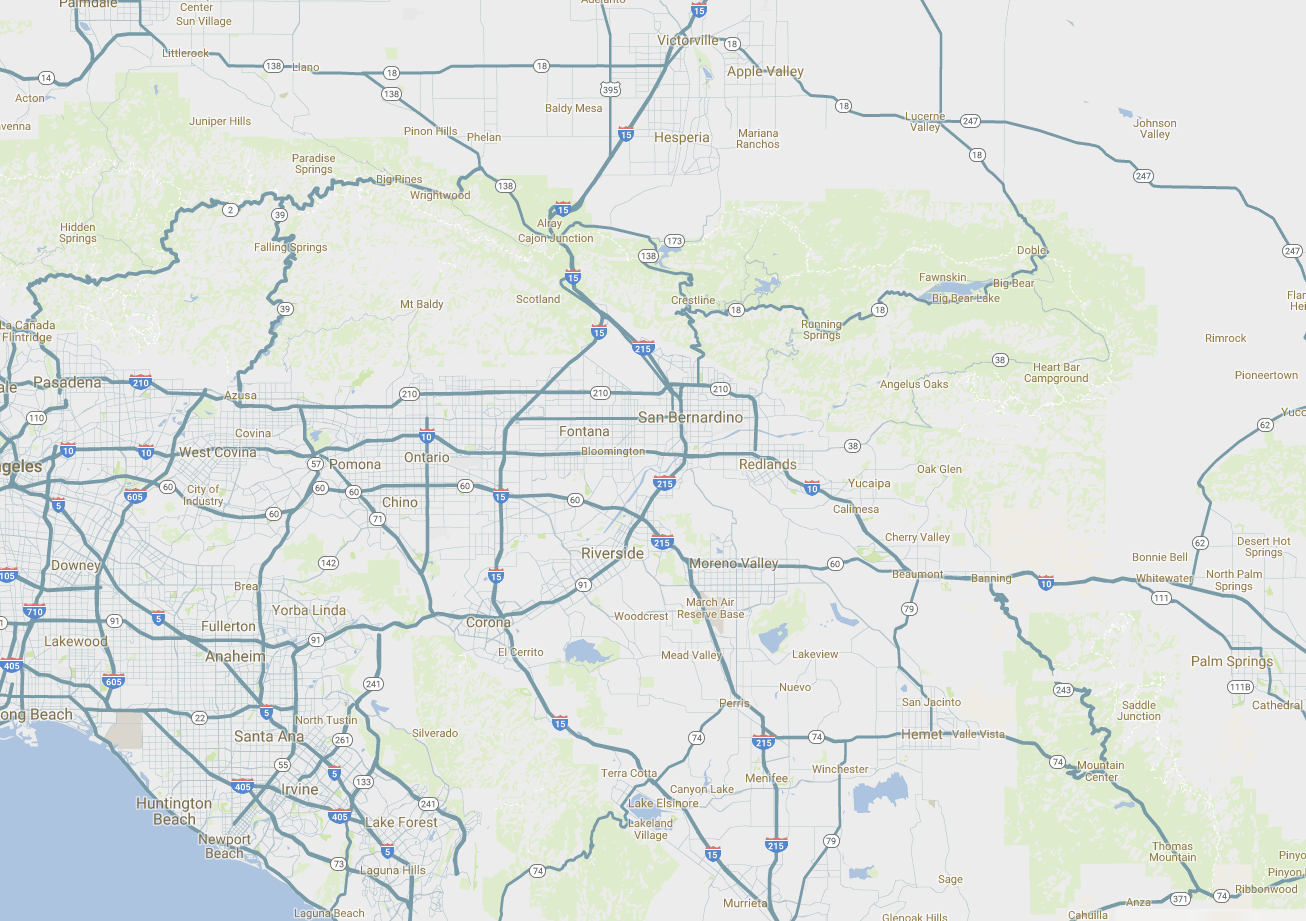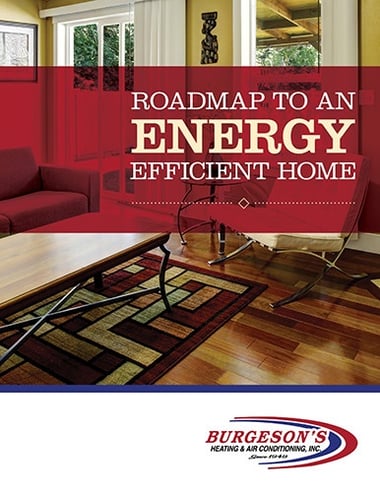Frequently Asked Questions
How much does it cost to install an at-home EV charger?
The cost of installing an at-home EV charger can vary depending on factors such as the charger model, electrical panel upgrades, distance from the electrical panel to the charging location, and contractor rates. During your free in-home estimate, Burgeson’s electrician will review all necessary factors and provide a custom quote suited to your needs and budget.
Where is the EV charger installed?
Your EV charger is almost always installed in the garage or outside near the driveway.
What type of charger is right for me?
This depends on how often you drive and how quickly you need to fully charge the vehicle. Level 2 chargers rely on a 240V receptacle which can increase the RPH (Range Per Hour) of charging by an additional 15 to 60+ miles. Standard 110V wall outlets are slower, but this could be just right for you if you aren't using the car every day.
How long does it take to upgrade my EV charger?
Less than a day! The majority of EV charging projects take around 3 to 8 hours, depending on the location of the charger and accessibility to the electrical panel, among other things.
Do I need a dedicated circuit for the EV charger?
Yes, most EV chargers require a dedicated circuit to ensure safe and efficient charging. This means that the charger should have its own circuit directly connected to the electrical panel without sharing it with other high-power appliances.
Is my electrical panel capable of handling an EV charger?
It depends on the capacity of your electrical panel and the power requirements of the EV charger you intend to install. An electrician can assess your panel's capacity to determine if any upgrades are needed.
Is it necessary to install surge protection for the EV charger?
Surge protection is not always mandatory, but it's a good idea to consider installing it. It can safeguard your EV charger and electric vehicle from voltage spikes caused by lightning or other electrical events. Discuss surge protection options with your electrician during the installation process.
Are there any permits required for EV charger installation?
Depending on your local regulations and building codes, you may need permits for the electrical work involved in EV charger installation. One of the benefits of working with Burgeson’s is that we handle this process for you.
Can I use an extension cord for my EV charger?
No, we don’t recommend using an extension cord with an EV charger, especially for Level 2 chargers. Extension cords can cause voltage drops and increased resistance, leading to inefficient charging and potential safety hazards. It is better to install the charger closer to the vehicle's parking spot.
Can I charge different makes and models of electric vehicles with the same charger?
Yes, most Level 2 chargers use a standard connector, which is compatible with most electric vehicles. However, some Tesla vehicles may require an adapter to charge with non-Tesla chargers.
Is it possible to charge my electric vehicle using solar panels?
Yes, it is possible to charge your electric vehicle using solar panels. You can either connect the EV charger to a solar-powered battery system or directly to solar panels if the system's capacity is sufficient to handle the charging requirements.
How can I offset SCE rate increases with an upgraded EV charger?
SCE now offers a time-of-use rate (“PRIME”) for clean energy households, which includes electric vehicle owners. Enjoy the lowest off-peak rates available (between 8 a.m. to 4 p.m. and 9 p.m. to 8 a.m. daily) and save on your monthly power bill.












